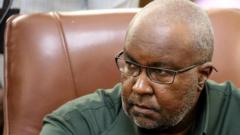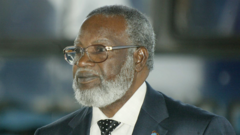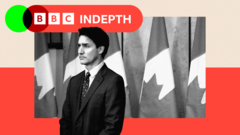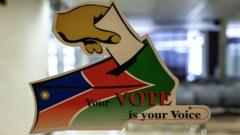During her inaugural state of the nation address, Namibia's first female president announced the intention to abolish university fees by 2026. While hailed by some, the plan has drawn skepticism regarding its feasibility and funding sources.
Namibia's President Proposes Free University Education by 2026
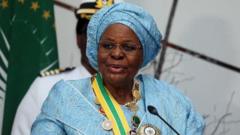
Namibia's President Proposes Free University Education by 2026
President Netumbo Nandi-Ndaitwah outlines a plan for free higher education in a progressive move, but critics raise concerns about funding and implementation.
Namibia's new president, Netumbo Nandi-Ndaitwah, announced plans to eliminate university fees by 2026 during her first state of the nation address on Thursday. This scheme, aimed at providing free education at public universities and technical colleges, is expected to relieve students from paying registration or tuition fees.
However, the president acknowledged that the implementation would not entail "significant" additional funding, casting doubt on the viability of the initiative. She stated that the only costs families and students would incur initially would be for accommodation and other related expenses.
In her address, Nandi-Ndaitwah said they had heard the persistent demands from students for fee reductions, echoing similar movements in neighboring South Africa. She assured that the resources for this initiative would come from existing subsidies for certain public universities and funds already allocated to student financial support.
Despite the positive reception from some student organizations, others, like the Affirmative Repositioning Student Command (ARSC), criticized the announcement as vague and lacking a concrete plan. They questioned who would benefit from the policy and highlighted potential limitations, suggesting it might only apply to undergraduate students or those from low-income backgrounds.
Economic perspectives have also pointed out that the lack of specified funding could result in a cap on student enrollments, affecting access to higher education. Similar past initiatives in South Africa, such as the responses to the #FeesMustFall movement, have faced criticism for their restrictive nature, leaving many students without support despite the façade of free education.
As Namibia takes these bold steps toward educational reform, the road ahead will likely involve navigating financial realities and ensuring equitable access for all prospective students.






